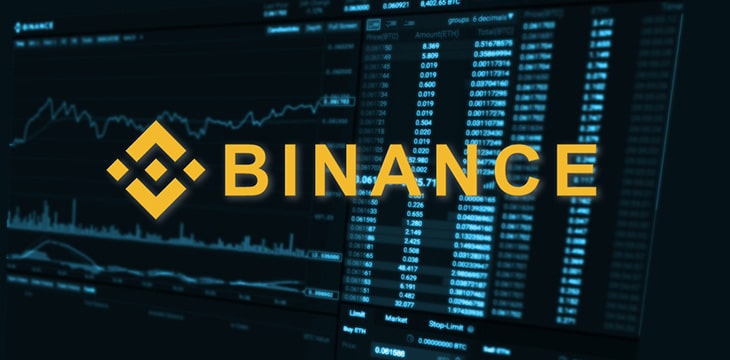
|
Getting your Trinity Audio player ready...
|
Barely a month since the Philippines’ Securities and Exchange Commission (SEC) warned investors against trading on the unlicensed Binance, the exchange has now revealed that it has found a backdoor into the Philippines. According to one executive, Binance is in advanced talks to acquire a licensed local company, giving it access to one of the fastest-growing Bitcoin markets.
Binance has been targeting the Philippines for some years now, as the Southeast Asian country is considered one of the world’s biggest digital currency markets. Reports have revealed that over 15% of the 110 million Filipinos have owned digital assets at some stage. Despite this growth, this market has been notoriously averse to foreign exchanges.
Binance, in particular, has had a tough time setting up its roots in the Philippines. Most recently, the SEC warned Filipino investors against trading on the exchange as it doesn’t have the license to operate in the country. This came weeks after policy think tank Infrawatch PH requested the SEC to immediately ban the exchange.
But now, Binance may have found a way back. During a recent industry event, Kenneth Stern, Binance Philippines general manager, told reporters that the exchange is in advanced talks to acquire a local company with a VASP and an EMI license. The former allows companies to offer digital asset services, while the latter is for financial services.
“We are acquiring licenses through an existing company. The company that we are acquiring is already a license holder. We are working with the BSP on the acquisition,” said Stern.
He declined to reveal the identity of the company the exchange is set to acquire, but added that the exchange hadn’t backed down from its goal of securing its own license.
“We are on the end of acquiring a VASP license and EMI license in the Philippines. That is still on track,” he added.
A history of back doors
Binance is no stranger to exploiting back doors in jurisdictions where regulators have booted it out. In the U.K., the Financial Conduct Authority (FCA) forced the exchange out in June last year for operating without a license.
In a true Binance-esque manner, the exchange took the back door route, partnering with Paysafe, a regulated entity in the United Kingdom. The partnership allowed U.K. users to deposit sterling pounds on the exchange through the Faster Payment Service. The disingenuous attempt didn’t amuse the FCA, and one official made it clear to the Financial Times that it had communicated its concerns with Paysafe.
Once wasn’t enough for Changpeng Zhao. Three months after the Paysafe backdoor attempt, he was back at it again, this time launching a new entity known as Bifinity. Describing it as the exchange’s “official fiat-to-crypto payments provider,” CZ claimed the firm, formerly known as Binance UAB, would allow seamless buying and selling of digital assets.
This would have, by itself, been concerning enough for the FCA. However, Bifinity’s partnership with Eqonex (NASDAQ: EQOS), a NASDAQ-listed firm with a regulated custodian in the U.K., set off the FCA’s alarm bells.
While Binance described the arrangement as a partnership, closer scrutiny of the deal revealed that Binance was investing $36 million in Eqonex. This investment would effectively give the exchange control of Eqonex, with authority to appoint the CEO, CFO, and two board members.
The FCA voiced its opposition to the backdoor attempt, with one official stating that “in the FCA’s view, Binance Markets is not capable of being effectively supervised.”
Back in the Philippines, the backdoor, if approved by regulators (and that’s a big ‘if’ given the Philippines’ animosity towards foreign exchanges), is Binance’s only way into the Filipino market, at least for the next three years.
As CoinGeek reported, the BSP announced in August that it had paused processing all applications for VASP licenses. This means that if Binance’s acquisition efforts are thwarted by the regulators, it will have to leave the Filipino market until 2025.
Follow CoinGeek’s Crypto Crime Cartel series, which delves into the stream of groups from BitMEX to Binance, Bitcoin.com, Blockstream, ShapeShift, Coinbase, Ripple,
Ethereum, FTX and Tether—who have co-opted the digital asset revolution and turned the industry into a minefield for naïve (and even experienced) players in the market.

 11-18-2024
11-18-2024 




